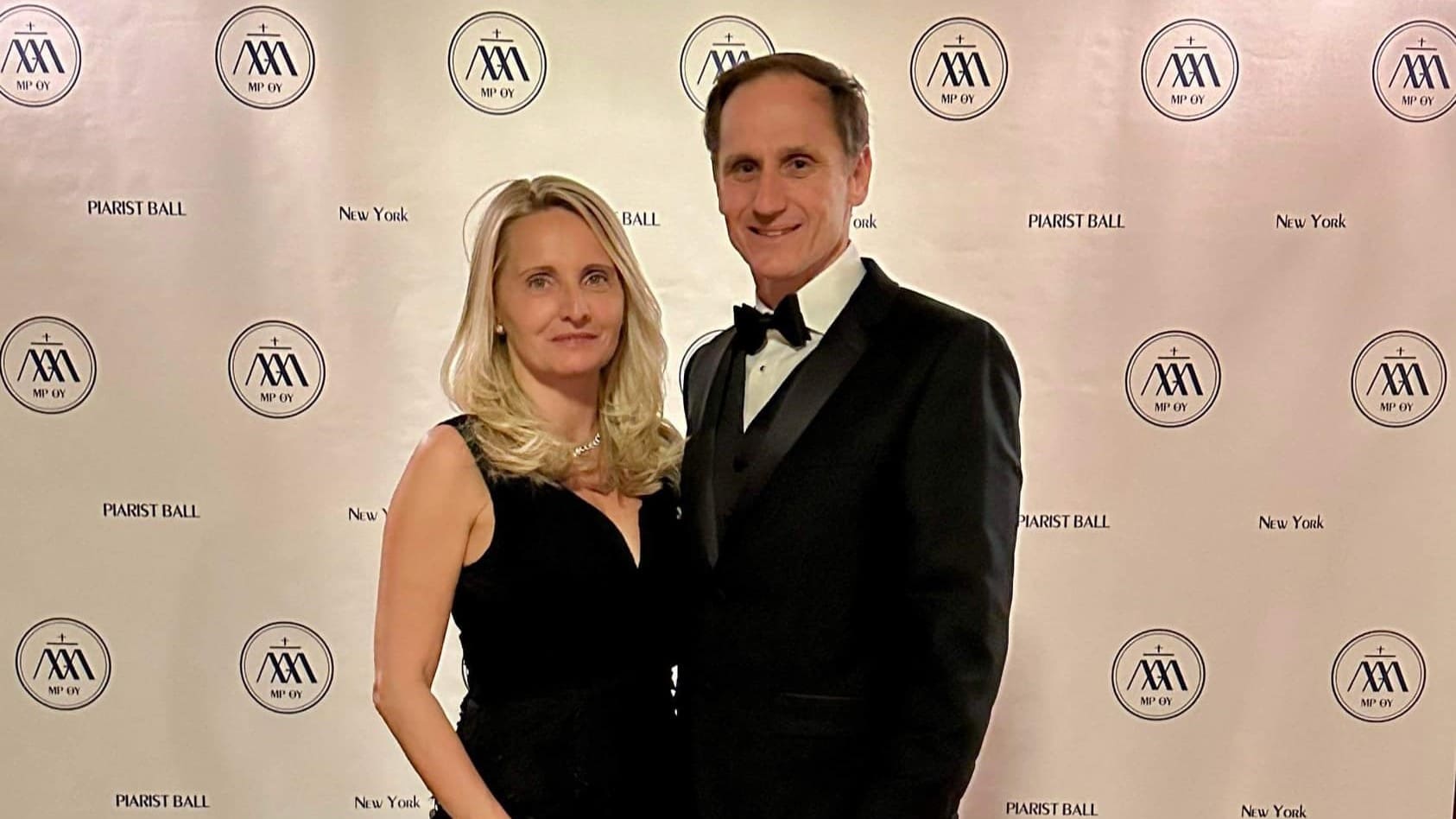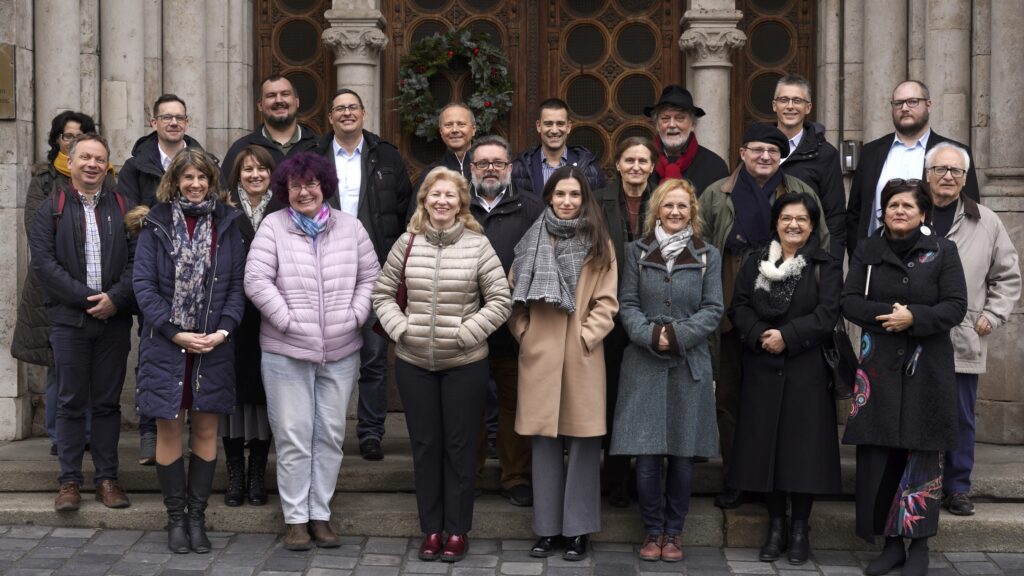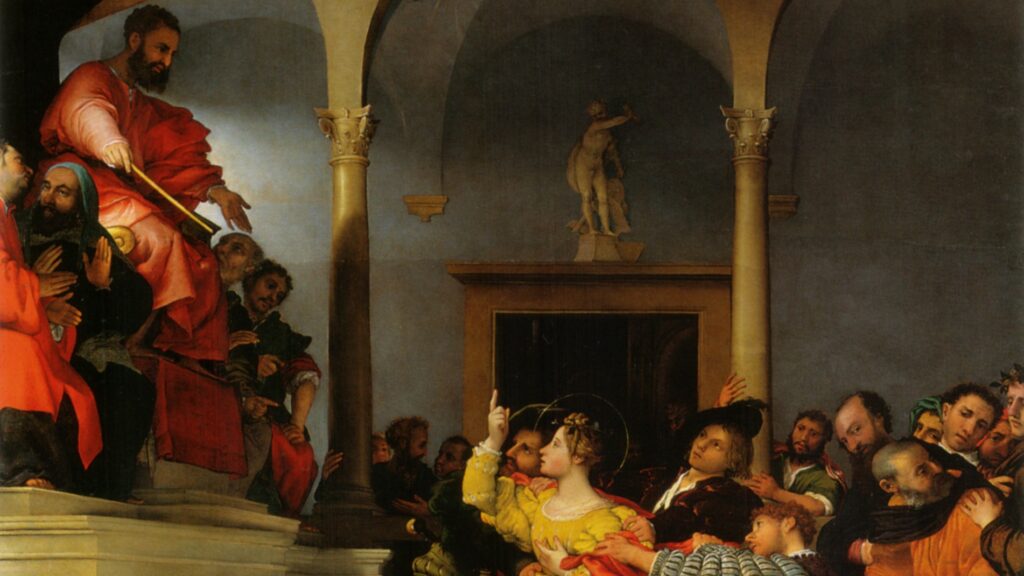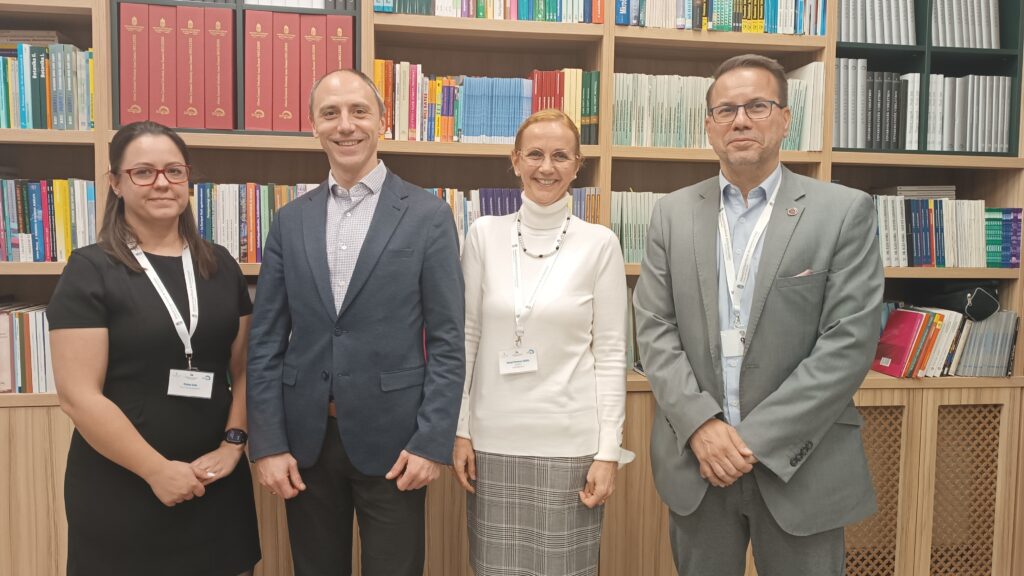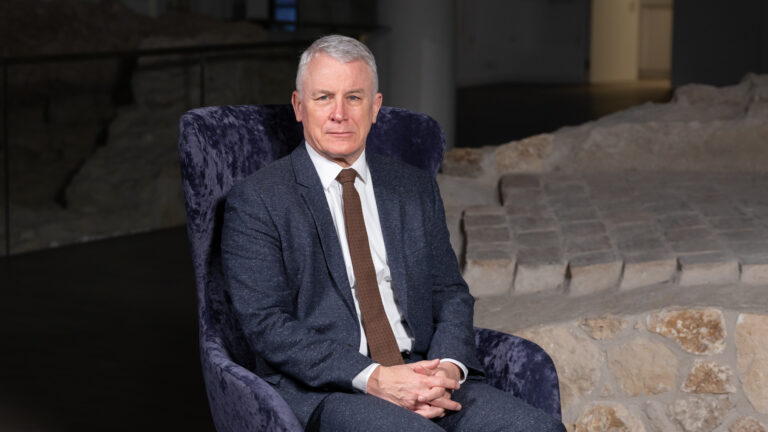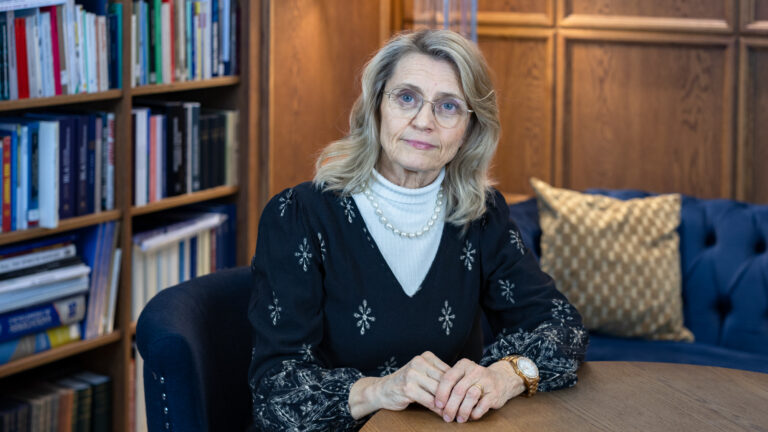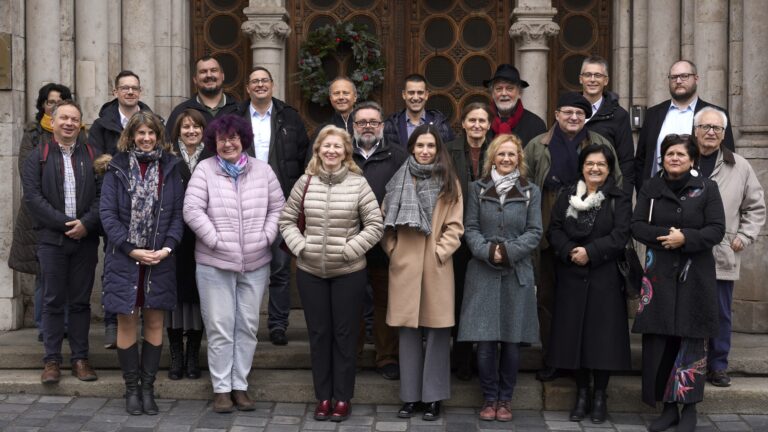Ildikó Pataki first visited the U.S. as a recent graduate in special needs education, looking for professional challenges. When she married her Hungarian American husband, she decided to stay for life. They raised three children, and she has been actively participating in the community life of the Hungarians in the San Francisco Bay Area for over two decades. When she became a member of the Diaspora Council, a new world opened up to her. As the newly elected president, she works to bring useful information about Hungarian Americans to everyone interested and to encourage broader cooperations in the diaspora.
***
Why did you leave for America in your twenties?
I was born and raised in Hungary and graduated from the International Pető András Institute. My parents brought me up to love my country. I didn’t come to the U.S. because I wanted to leave Hungary; I was driven by a sense of adventure and professional challenge. Back then, in the summers, a lot of conductors (special needs educators) came to the U.S. to work. At first I came to California for just one summer, but the family I worked for invited me back because the children had improved so much during the time I spent with them. My friend Judit Tóth and I started a small private school for children with disabilities, using a method called conductive pedagogy. It was so successful that we were invited to Michigan to participate in a pilot program assessing how conductive pedagogy could work in public education. Because of its success, we were asked to continue working there as they were planning to start a training program in the U.S. following the Hungarian model. We advised them to contact the Pető Institute in Budapest and start the program with a strong professional background, which they did. I worked there for two years as a visiting professor that I had never dreamed of before. However, what kept me in the U.S. was not my career, but my marriage. Me and my Hungarian American husband, born and raised in America, spent two years flying back and forth between California and Michigan. In 2000 we decided to get married and I moved to San Francisco. I love raising a family here; America gave me a lot, but Hungary still feels like home to me, we travel there very often.
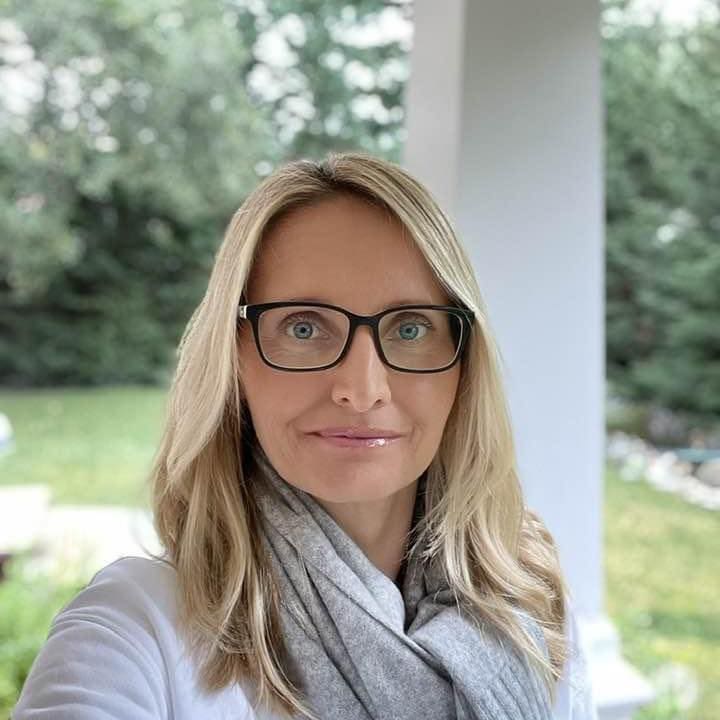
Soon after becoming a mother of three, you started to work again, but in a different field: as a volunteer in the Hungarian community.
I felt it was very important to be at home with my daughters. As I look at them now, I see that every minute invested has paid off in terms of what great people they’ve become. Zsófi is studying art history in Hungary, Noémi is studying to be a vet and Lili is graduating from high school and wants to become a physician. My parents are also special needs teachers; in addition to my father being a pediatrician, my grandparents worked with the deaf and blind—the helping profession is in my blood. I always heard around the dinner table at home how we can heal and help others, and build the community where we belong. I think that’s why I got involved with the Hungarian diaspora. First I taught at my daughters’ weekend Hungarian school, where I am now co-principal, and I was also active in scouting as a parent; I still organize the Scout Balls. My girls have gone through all the steps from Hungarian kindergarten to school and scouting, passed the Hungarian studies exam, became scout leaders, and attended scouting leadership training camps in Fillmore, New York. When someone asks me how I got them to speak Hungarian so well, I reply: I didn’t teach them Hungarian, I spoke Hungarian to them. There was never any question of what language I should speak to them, and they never refused it. They were always proud of their Hungarian identity, which was completely natural for them as they grew up in a completely Hungarian environment, listening to Kaláka (a renowned band playing folk songs and Hungarian poetry), and watching Hungarian folk tale cartoons.
I think the key to this was the positive emotional charge I gave them about everything Hungarian.
One should never forcefully teach a child Hungarian. If they have any negative associations with the language, they won’t want to speak it. If the teacher is kind, not bored with teaching and does not put the children in any unpleasant situation, they will love her and will love Hungarian through their teacher. At home, it is the parents, and maybe a grandmother, who represent the Hungarian language to them.
Your school is the first in the world bearing the poet Sándor Kányádi’s name. Why?
For a long time, we didn’t have a name; we were simply the Hungarian school in San Francisco, even though we’re not even in the city, but a 40-minute drive south of it, and we couldn’t give the name of Portola Valley because no one knows this town beyond the neighborhood. We searched for a long time for the right name, and ended up with Sándor Kányádi. He also wrote poems to children, and being a Hungarian from Transylvania (Romania), he probably had a better understanding of diaspora life. He even mentions San Francisco in his poem ‘Day of the Dead in Vienna’. While he was alive, no one dared to ask him about naming an institution after him, but the year he died, I met the musician Dániel Gryllus, who maintained close ties with him and his family, and told him about our wish. He called the poet’s widow who gave her consent. Our school has proudly borne the poet’s name since; we also became a sibling school of the Kányádi Sándor School in Nagygalambfalva (the Transylvanian village where he was born), and take part in their annual poetry recitation contest.
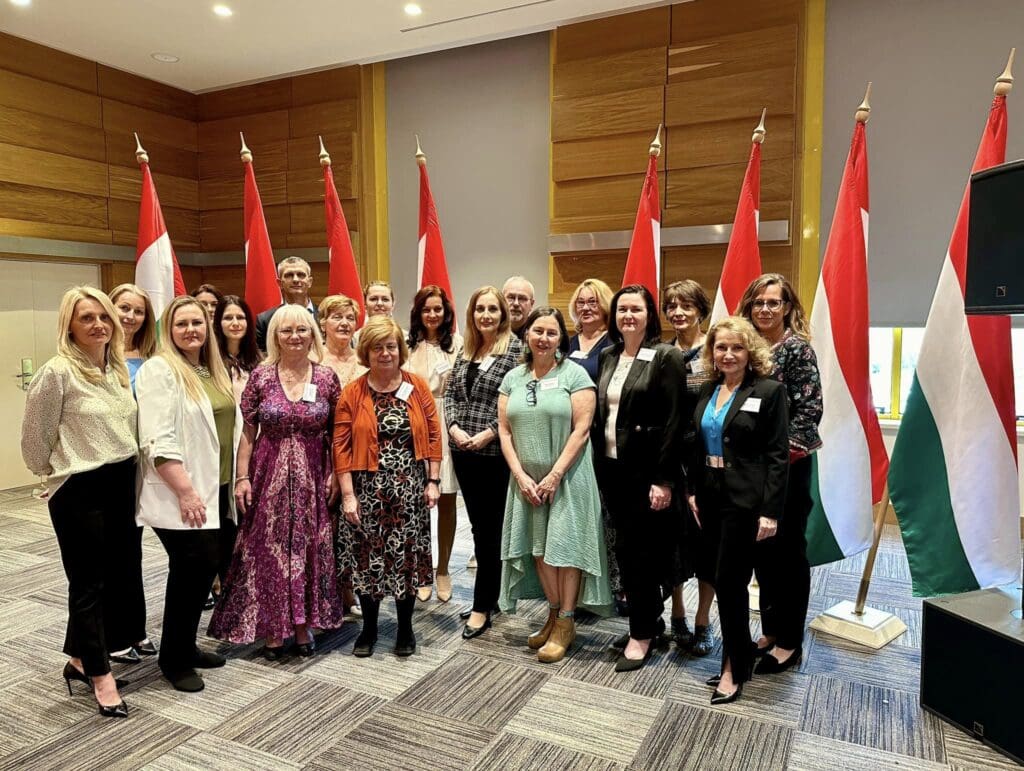
The school works very closely with the local Hungarian scout group and the Hungarian church communities, and all of their sessions are on the same day of the week: Sundays.
The school is run by the local Hungarian Reformed and Catholic churches, and its venue is the Woodside Priory School, founded by the Benedictine monks of Pannonhalma who fled Hungary after the fall of the freedom fight in 1956. The Catholic Mission is also based here, with Hungarian mass every Sunday at 11 am, and the Hungarian Reformed Church is just a half an hour’s drive away. The school lasts from 12:30 to 2:30 pm, followed by scouting until 5:30 pm. And all of these activities take place in a beautiful building at a fabulous location. The current number of enrolled children is 69, almost reaching the levels we had before the Covid pandemic, with lots of kindergarteners, 24 this year. Due to the proximity of Silicon Valley, there are many recent immigrants, young intellectuals, thus most of our students speak Hungarian quite well. There are some mixed marriages, too, but mostly Hungarian families, who came to the U.S. over the last few years. Most of our teachers are qualified professionals who have been working with us for many years. They are parents who got involved with teaching and stayed for eight to ten years, some even longer, because their children remained scouts even after finishing the Hungarian school at the age of 14.
Your local Hungarian community seems to work well. What are your joint activities?
The Catholic and the Reformed churches and communities take turns to organize a 15 March program (commemorating the Hungarian revolution and freedom fight of 1848), with the participation of Hungarian school students and local scouts. Since 1957, the Reformed Church has held a so-called ‘cup supper’ to commemorate 1956. The traditional pig slaughter feast dinner is served by the scouts. We have our annual Scout Ball, this year the 49th, of which I have been the main organizer for the last eight years. It’s a lot of work because there are basically only four of us to do it, but it’s always very successful. We always joke about how cool weddings I’m going to organize for my daughters, because I’ve really learned how to make these events successful by now. This year we had nearly two hundred guests and ten pairs of debutantes, which is a nice number. It is one of the most elegant and anticipated events for Hungarians in the area, held in an elegant country club, where Hungarians come together and have fun, knowing that every dollar of the ball supports the Hungarian school and scouting. This year we have raised money specifically for the upcoming ‘Jubilee’ camp, so that we can send as many kids as possible to Fillmore, New York in July. We plan to send 40 scouts there, which is a very large number.
Do you have a folk dance group, or Hungarian house? How big is the Hungarian population?
The Eszterlánc folk dance group always performs on national holidays. They are very active, but it makes a big difference that they have received help in the person of a Kőrösi Csoma Sándor Program (KCSP) scholar. Ilka Dajka is here for the second time, teaching folk dance to the scouts on Sundays and also to the Eszterlánc group during the week. Once every two years we have a big Hungarian festival organized by the local Hungarian Heritage Foundation in a park in Belmont, a nearby town. This year it was held on 11 May, with performances by Eszterlánc, the Los Angeles Carpathian Folk Dance Ensemble and folk dancer István Berecz from Hungary. The scouts prepared lángos, the church communities prepared a variety of Hungarian street food, and various Hungarian vendors offered their products. The festival is typically an event also for Hungarians who may not attend our national celebrations, whose children do not attend Hungarian schools or scouting, but who still want to meet with Hungarians. And many Americans are also drawn to music, folk dancing and gastronomy. We expect around 1500 people to come together. I don’t know what the official number of Hungarians in Northern California is, but it’s certainly tens of thousands. However, as in other states only a fraction attends Hungarian communities. And as mentioned, they are typically more recent immigrants, not so multi-generational as in Ohio, New York or New Jersey. We don’t have a Hungarian house yet, but the Reformed Church has recently bought a new building with the community’s cooperation, with the aim to create a Hungarian community center beyond the church functions. We also have the Orly Museum, founded by two siblings who converted their parents’ house into a museum. It’s a nice little house that can accommodate 40–50 people.
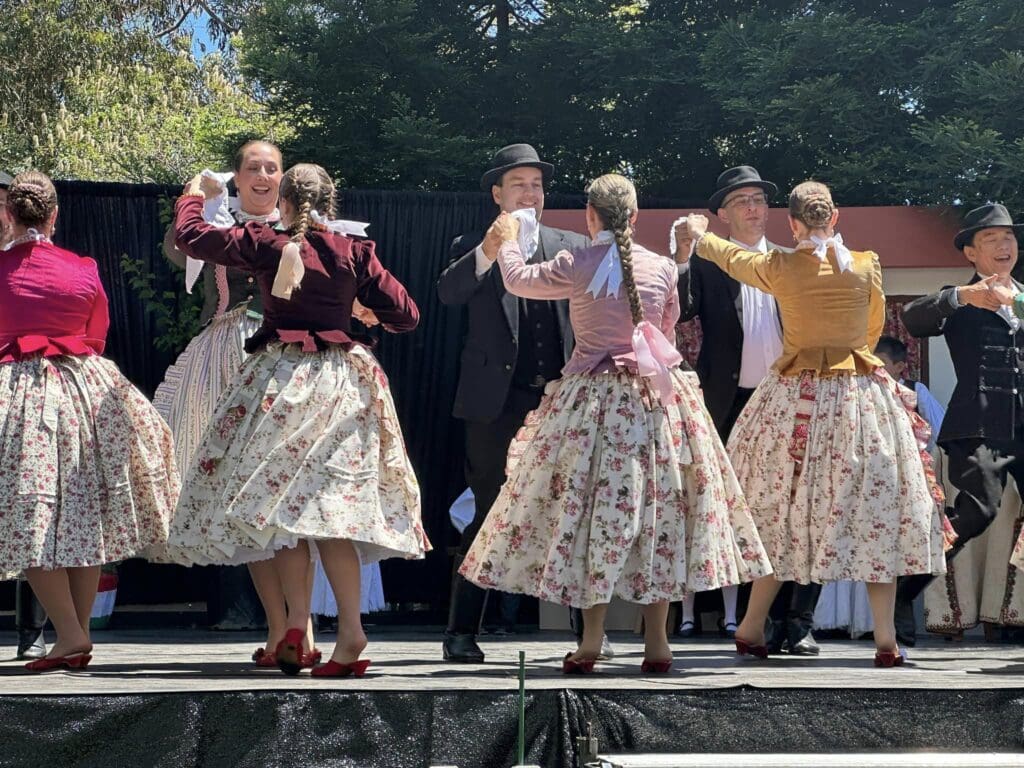
You became the U.S. regional president of the Diaspora Council last fall and the Hungarian government has announced 2024 as the Year of Cooperation. As president, you started to personally visit Hungarians in the diaspora. Why do you think this is important?
Before 2018, Hungarian organizations in the San Francisco area had no representation in the Diaspora Council, so they asked me to join, while Zsolt Jakabffy, a Reformed pastor, was asked to represent the Los Angeles area. As a member, I tried to share all the relevant information with our local community. Over the years, I have written countless letters of recommendation for Rákóczi camps in Hungary and for Diaspora Higher Education Scholarship applicants. When, starting in 2018, I went to the Hungarian Weekend Schools Meeting, the Hungarian American Schools Meeting, and became a member of the Diaspora Council, a new world opened up for me due to which I was able to move from the local to a more global perspective. I started to get to know other Hungarian organizations and their leaders all around the world. By now I am aware of what kind of Hungarian schools operate and who runs them in e.g. Australia; I got to know a lot of teachers and schools also in Europe. It was very important for me to see the whole system and how it works. The Covid pandemic made me realize—not just me of course, but everyone—that nothing can replace personal contacts, because online friendships rarely form or last, so I plan to get to as many places as possible in person. I try to go everywhere where I am invited to.
Where have you been and what are your main experiences?
In my new capacity, I’ve already been to the Kossuth House in Washington, D.C., the Piarist Ball in New York, the Hungarian Gala in Chicago, the theater performance organized by Tímea Antal in Los Angeles, and one of the Hungarian festivals in Phoenix, Arizona. These meetings are about networking, because surprisingly many people don’t even know that this organization exists, or what its aims and means are. I had the opportunity to talk to people who were interested in the various programs of the Hungarian State Secretariat for National Policy. I think it is very important to figure out how to reach out to those who are not aware of these opportunities. We take it for granted, because we have access to the information, but some simply do not, even though they would very much like to participate in these programs. At many places there is not even a clear community leader who can transmit all this information locally. My aim is to improve the flow of information in addition to giving a face to the Diaspora Council across the U.S. I started to regularly collect and post Hungarian organizations and events on my presidential social networking page. I get a lot of feedback expressing that many were not aware of so many Hungarian schools, balls and festivals etc. in the diaspora. For those more deeply involved in this world, this is obvious, but for most ordinary people it isn’t. We need to learn to reach them also.
Through the meetings I can also assess how things are going in each community. My experience so far is that we face more or less the same difficulties, so we can learn a lot from each other. Therefore, I find it very important that communication should work not only locally but also globally.
We should not be concerned with ourselves only.
Since most people work for the Hungarian community voluntarily and have limited time, they tend to focus only on themselves or on their own organization, and lack the energy to look outside their own little circle. Thus, small islands of Hungarian community life are formed, with no cooperation or flow of information between them. My other experience is that no matter how many Hungarians live in a given area, somehow the same handful of dedicated people do everything all the time, and when someone drops out for whatever reason, there is a void that’s difficult to fill…
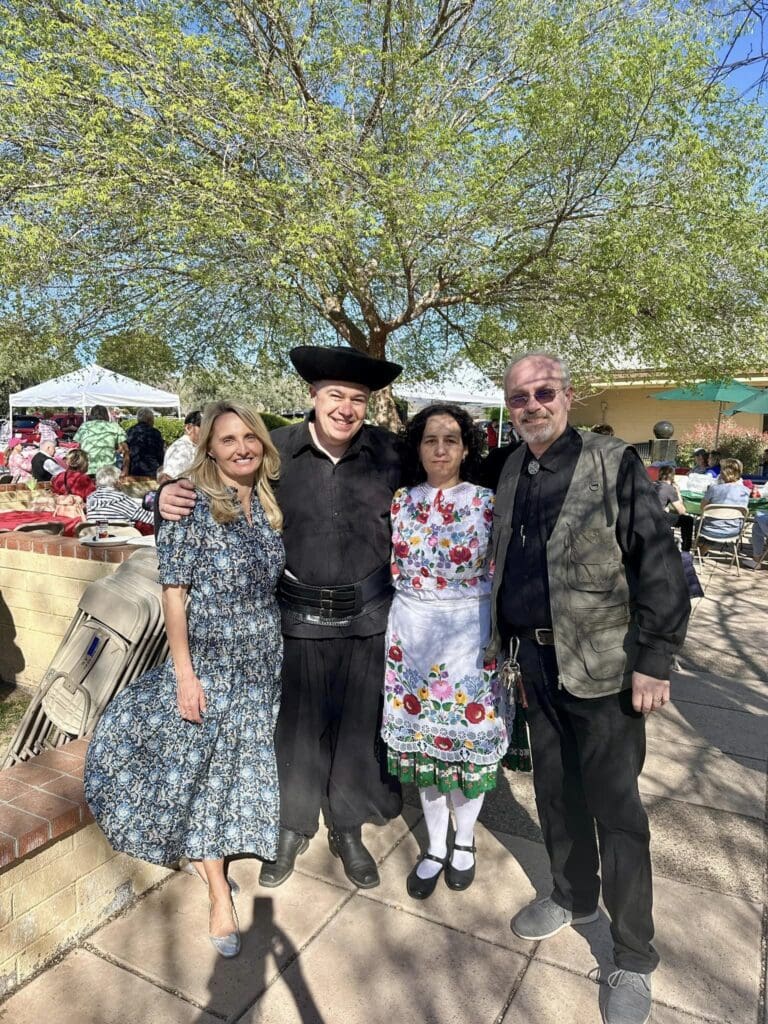
So we have to think not only about the present, but also about the future. What challenges have you experienced, for example in relation to the preservation of Hungarian language?
When discussing on a diaspora level, we should not just share local reports with each other, but actually try to find real solutions to the problems. For example, nowadays, we talk a lot about how to reach people who no longer speak Hungarian. To paraphrase a Sándor Kányádi poem:
we have only one homeland, and that is the Hungarian language.
If the language is lost, many great things will be lost as well. I see that second, third generation people are less interested in Hungarian culture. For many, being of Hungarian descent is just a ‘checkbox’: my (great) grandmother was from Hungary, I know some Hungarian words, I know some Hungarian dishes or a few geographic/historic facts, which is great, but that’s all. We should always have to define the target group well and deliver the right program for them. Festivals, folk music/dancing and gastronomy, films with Hungarian subtitles are for those who want to get to know and stay closer to Hungarian culture at a certain level without the language. The Balassi Scholarship and the Diaspora Higher Education Scholarship are for those who want to study in Hungary or Europe. For young people who have Hungarian ancestors, there are the Rákóczi Camps and Reconnect Hungary, a fantastic program that should definitely be promoted more. But we have to be aware that they will certainly not search for and be part of Hungarian-language social networking sites, at most they will subscribe to an English-language newsletter of a Hungarian organization. Bilingual programs are good for them, but not at the expense of those who can and want to speak Hungarian. Hungarian schools and scouting are for those who know or want to learn Hungarian. If, for example, an event celebrating a Hungarian national holiday is held on a bilingual basis, how do you explain to a child enrolled in a Hungarian school and scouting to learn Hungarian? Our Scout Ball was opened in English by Father Maurus, but everything else was in Hungarian. If we held it in English, what message would it carry to our Hungarian scouts and parents?
Another difficult question is the issue of mixed marriages. My husband’s parents are Hungarians who immigrated in 1956, and they raised all four of their children in Hungarian. I am the only Hungarian spouse out of the four and, as a result, out of their ten grandchildren, only my three daughters speak Hungarian, go to national holidays, Hungarian schools and scouting. And this is against the backdrop of my in-laws being hard-core Hungarians, supporting all Hungarian causes, living, speaking, cooking, etc. in Hungarian. In mixed marriages, unfortunately, parents often no longer put the energy into preserving their Hungarian identity. Yet, many people still want to acquire Hungarian citizenship, because it is useful to have a Hungarian passport…

